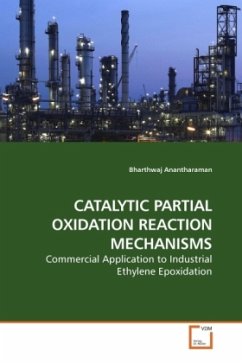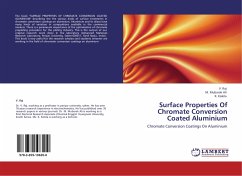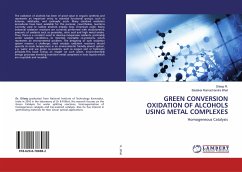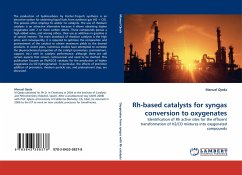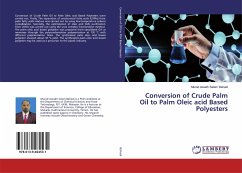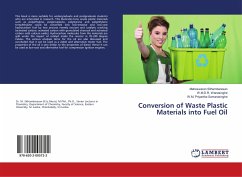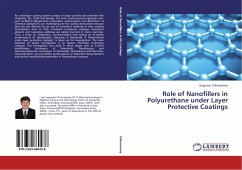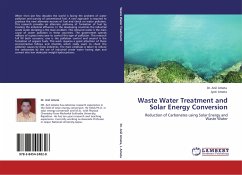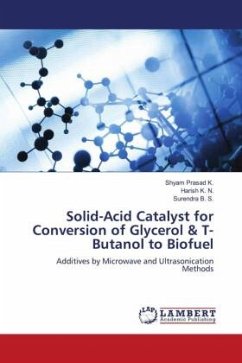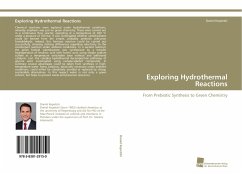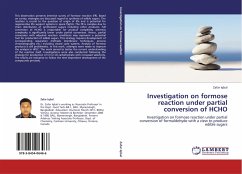
Investigation on formose reaction under partial conversion of HCHO
Investigation on formose reaction under partial conversion of formaldehyde with a view to produce edible sugars
Versandkostenfrei!
Versandfertig in 6-10 Tagen
39,99 €
inkl. MwSt.

PAYBACK Punkte
20 °P sammeln!
This dissertation presents intensive survey of formose reaction (FR). Based on survey, strategies are discussed regard to synthesis of edible sugars. The reaction is crucial to the question of origin of life and is potential for regenerative life support systems in space flights. The FR is complex due to chain distribution of synthesized sugars including other products. Full conversion of HCHO is responsible for product complexity, whereas complexity is significantly lower under partial conversion. Hence, partial conversion with adjusted reaction conditions may represent a potential tool for p...
This dissertation presents intensive survey of formose reaction (FR). Based on survey, strategies are discussed regard to synthesis of edible sugars. The reaction is crucial to the question of origin of life and is potential for regenerative life support systems in space flights. The FR is complex due to chain distribution of synthesized sugars including other products. Full conversion of HCHO is responsible for product complexity, whereas complexity is significantly lower under partial conversion. Hence, partial conversion with adjusted reaction conditions may represent a potential tool for production of edible sugars. This strategy requires development of corresponding separation methods (membrane techniques, process chromatography etc.) including closed cycle systems. Analysis of formose products is still problematic. In this work, attempts were made to improve the analysis in HPLC. The work served to better the current understanding of the reaction itself. Investigations werealso conducted following the strategy for production of C3 or C6 carbohydrate with increased selectivity. The results are indicative to follow the time dependent development of the compounds precisely.



